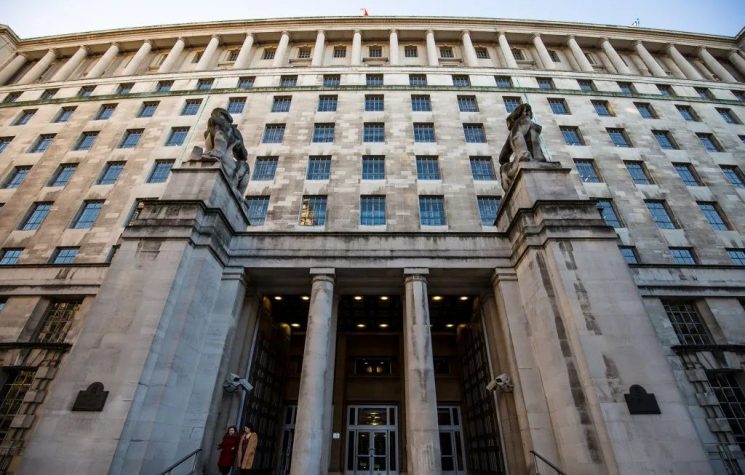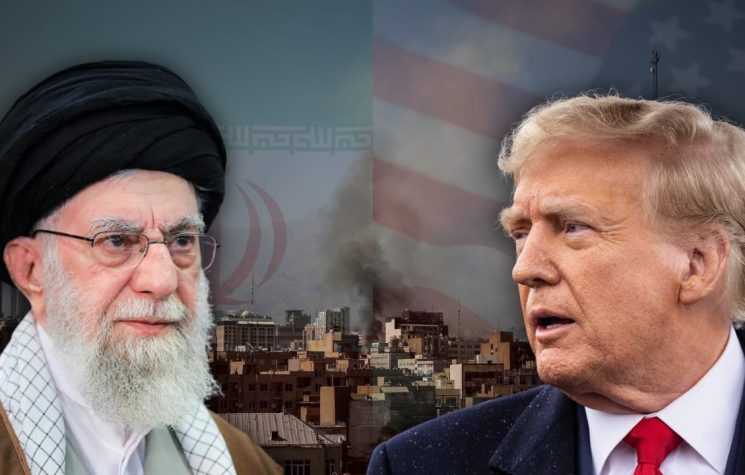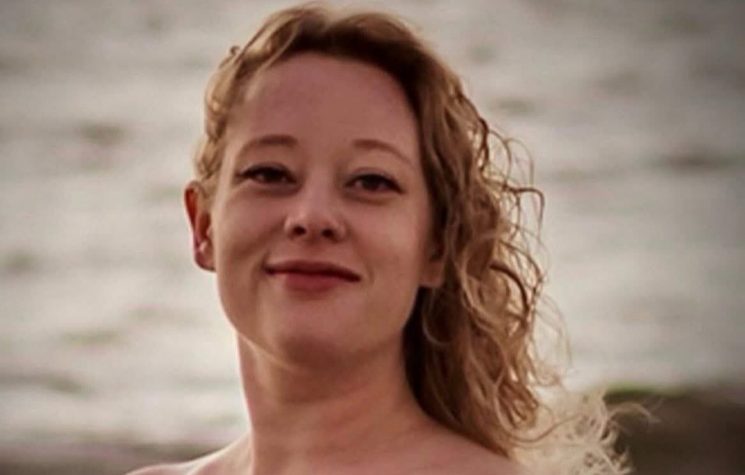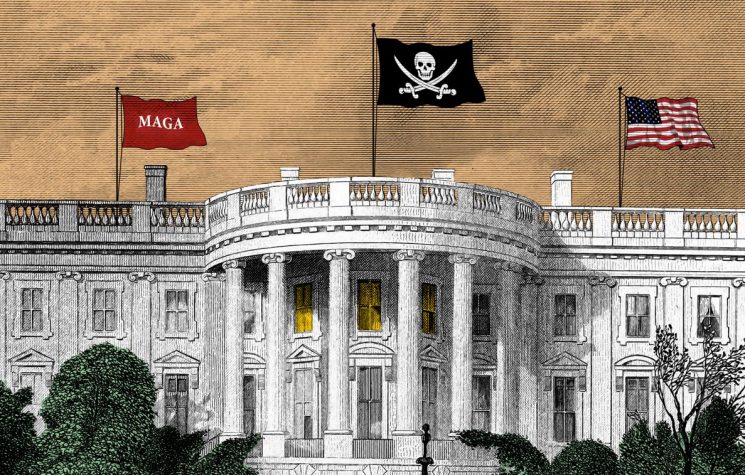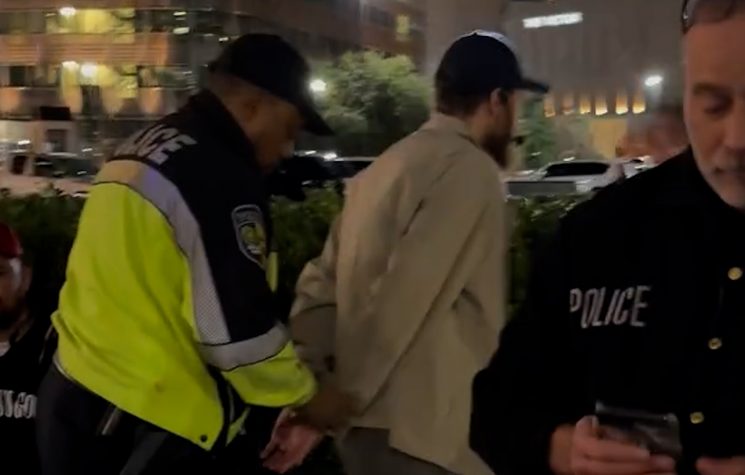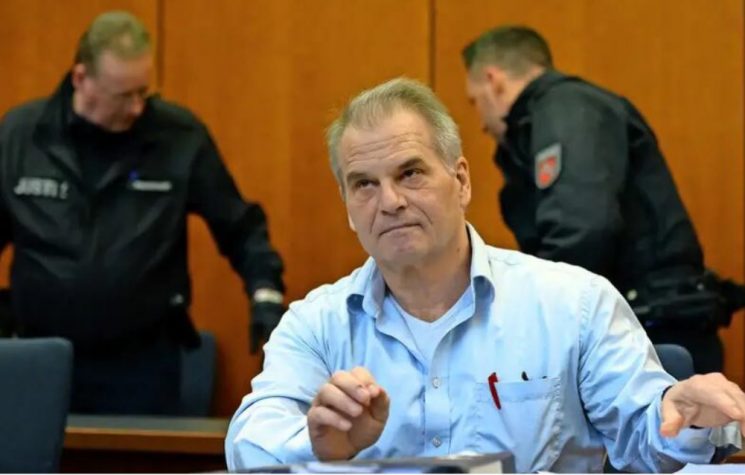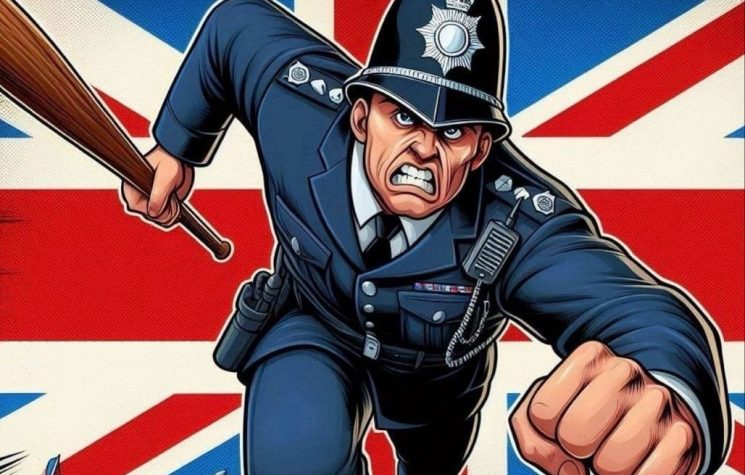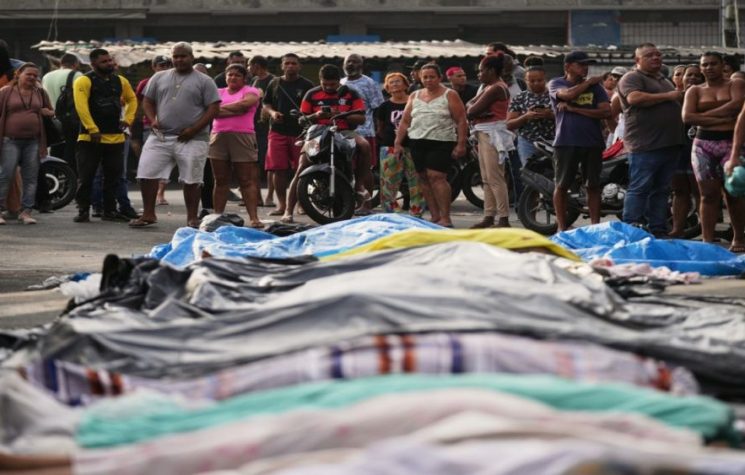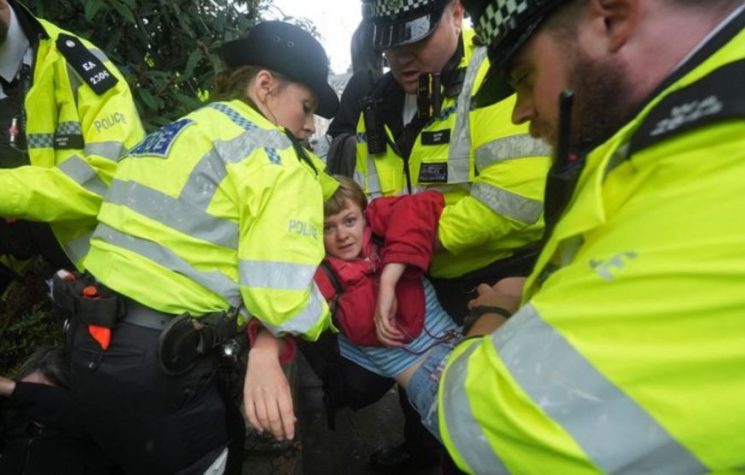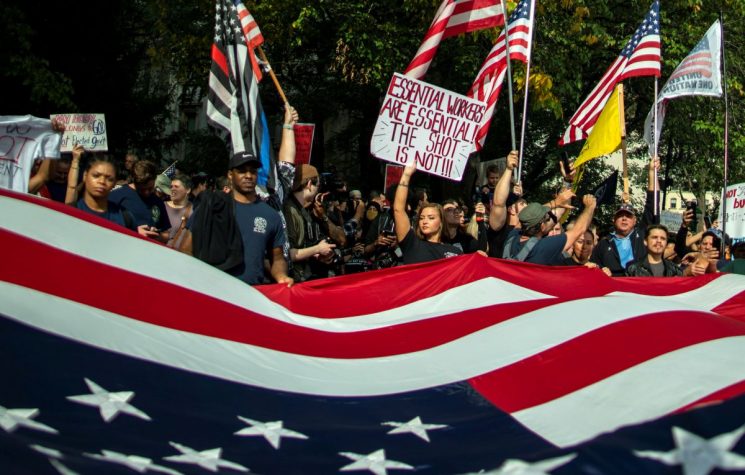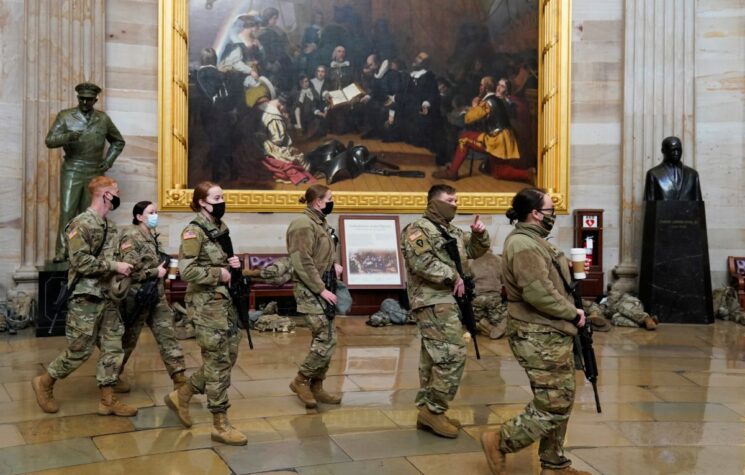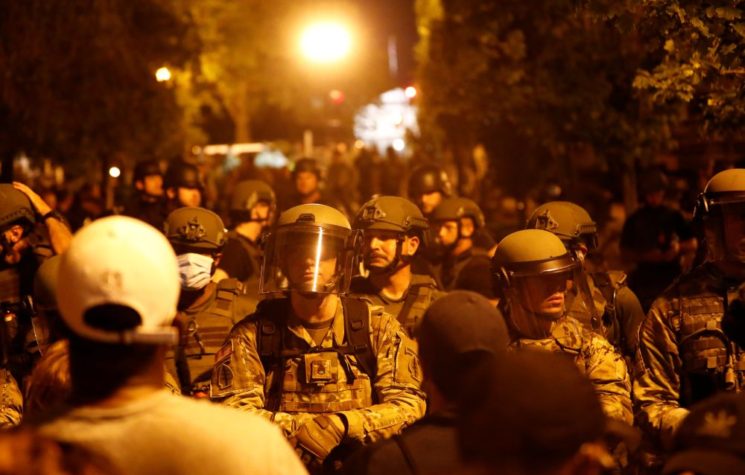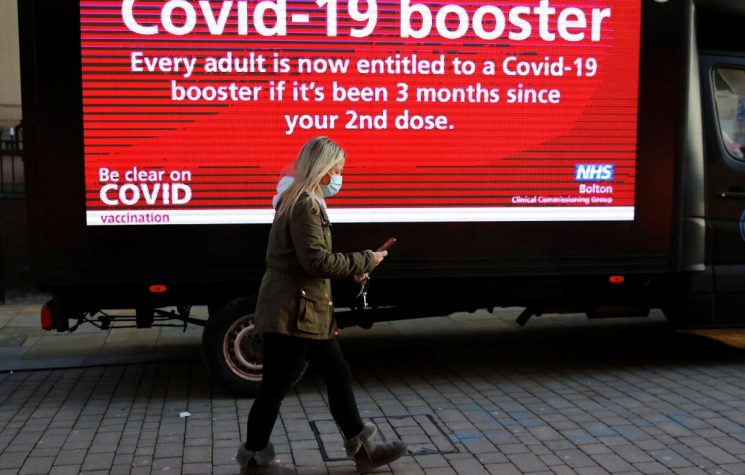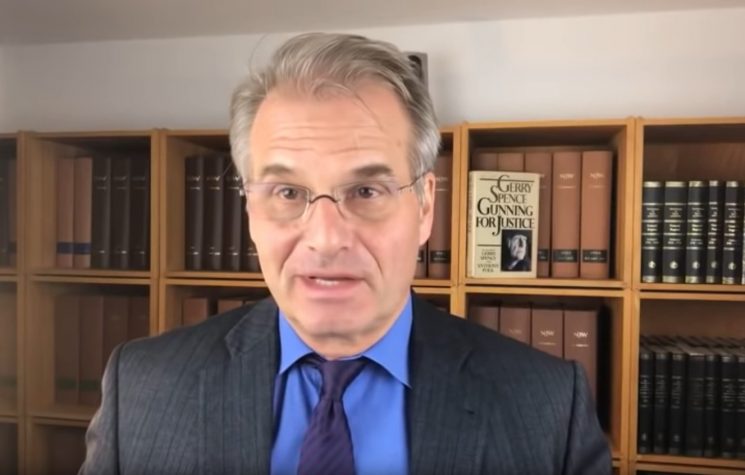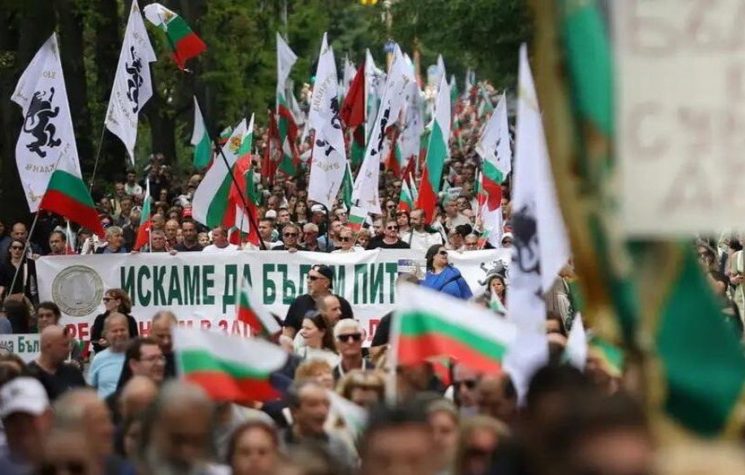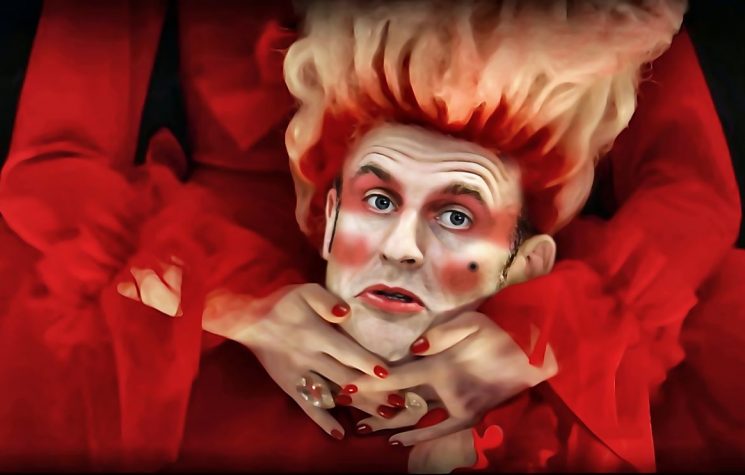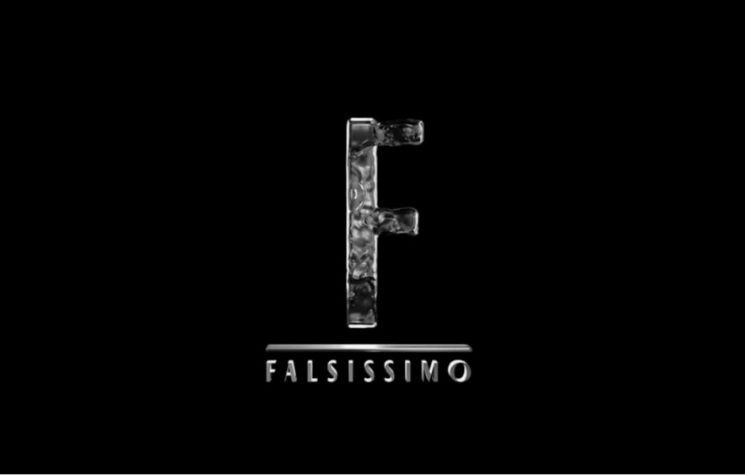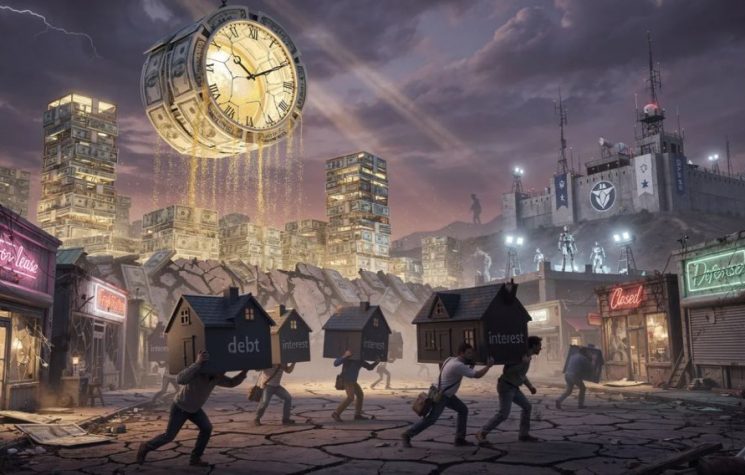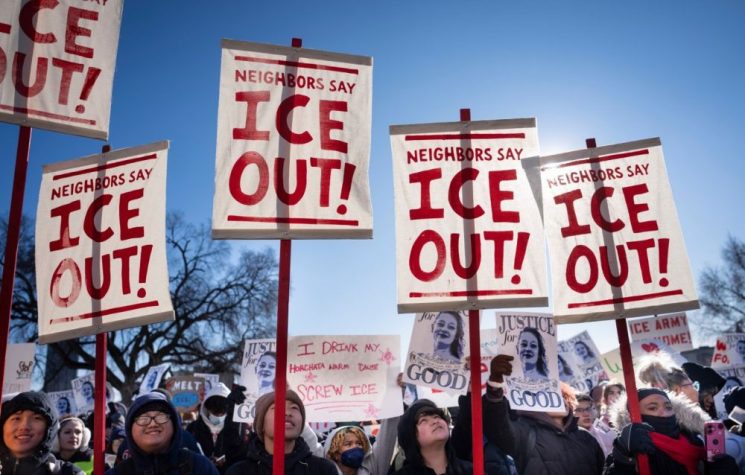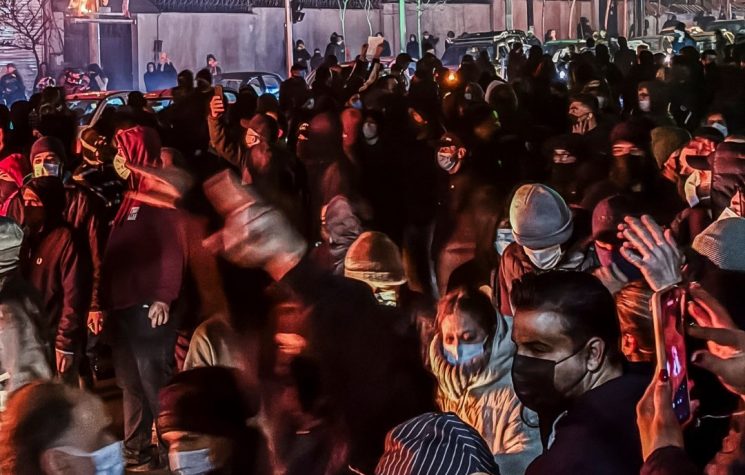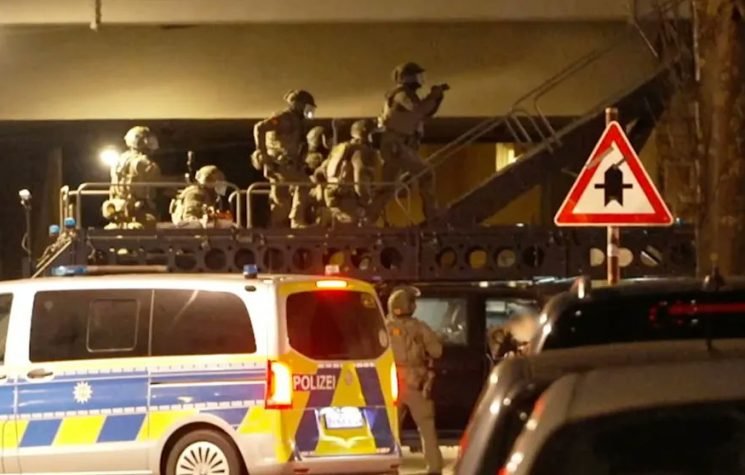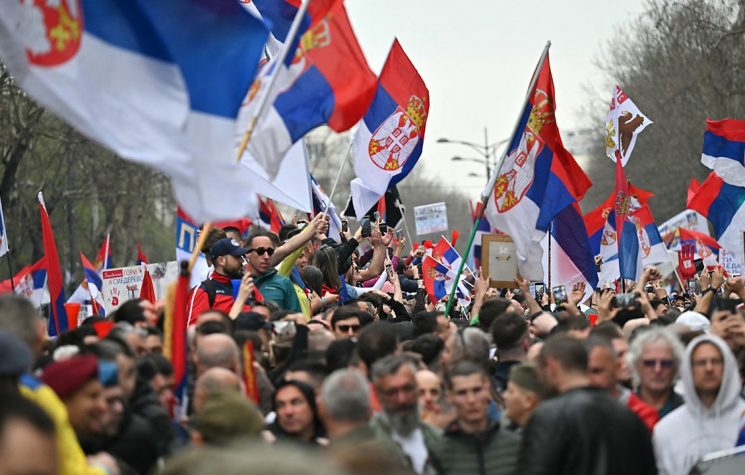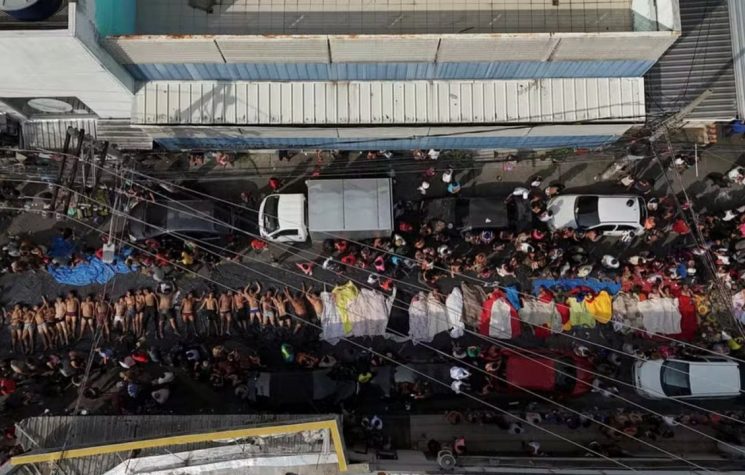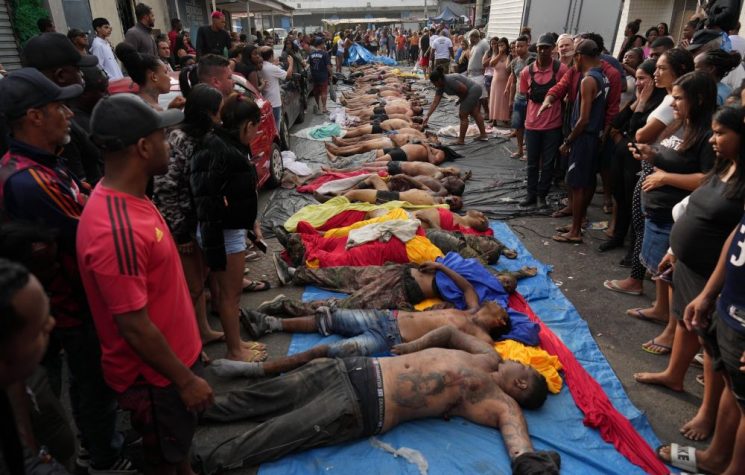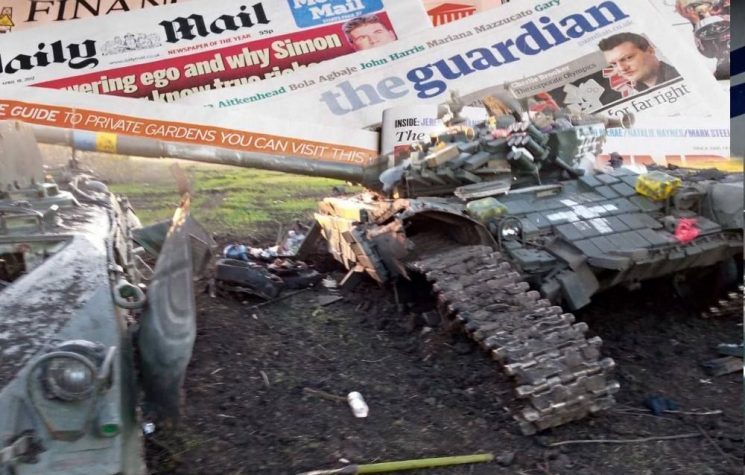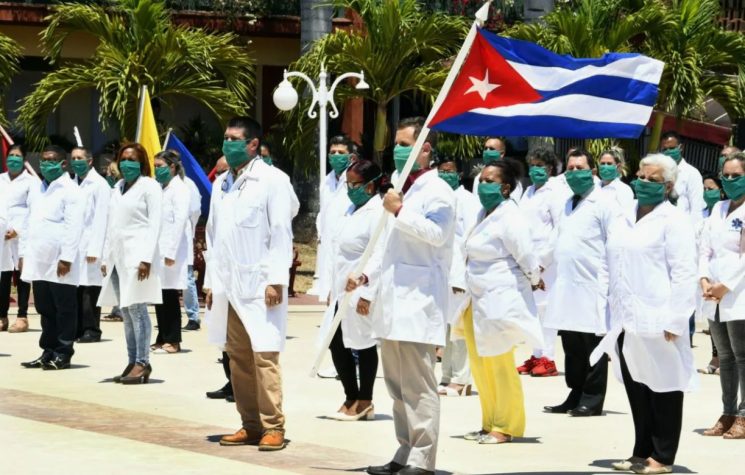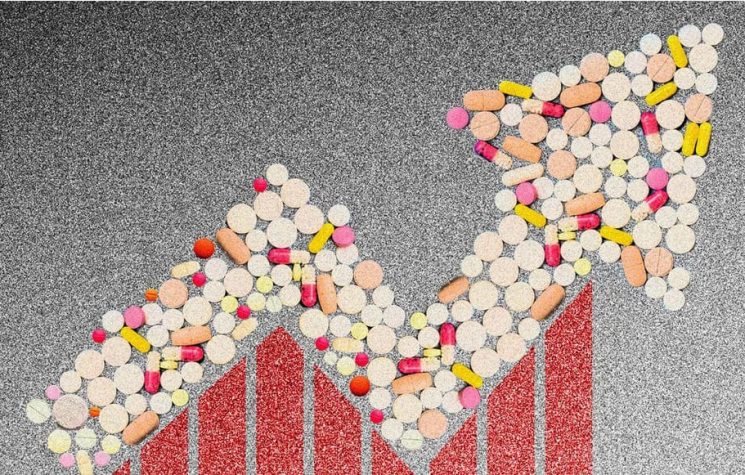Amid rumors of a national lock-down, and the National Guard already activated in states across the country, rumors are rife that the land of the free will soon be cordoned off behind an iron curtain of martial law.
Although there have been just 258 reported deaths from coronavirus in the United States, Pentagon officials announced Friday it is drafting plans to take over hotels, college campuses, sports facilities and other buildings “if necessary” to help hospitals accommodate patients.
“We would…take the building over in a period of an exceptionally short amount of days, and we would go in and turn this into an ICU-like facility,” Lt. Gen. Todd Semonite said in comments to the Wall Street Journal. The remarks come as the National Institutes of Health (NIH) warns that as many as 70,000 Americans could be confirmed as infected with coronavirus by the end of next week.
Boots are already on the ground in neighborhoods across the nation as 3,300 Air and Army National Guardsmen have been called up in some 30 states and US territories, including California and New York. In Baltimore, meanwhile, the scene was reminiscent of Hurricane Katrina, when thousands of people were forced to seek shelter inside of the Louisiana Superdome, as rows of National Guard Humvees were spotted outside of empty stadiums.
Baltimore pic.twitter.com/Am0hEO6ZxB
— Peter R. Quinones (@PeterRQuinones) March 20, 2020
In California, meanwhile, where officials say 56 percent of the state – more than 20 million people, a figure that has been hotly disputed since just 1,195 positive cases and 23 deaths have been reported in the state thus far – could eventually be infected, Gov. Gavin Newsom announced a “stay home” order for the state’s nearly 40 million residents. The clampdown includes the closure of various types of businesses, including dine-in restaurants, entertainment venues and public events and gatherings, according to the California state government website.
Needless to say, it is almost impossible to imagine the lock-down of America’s most liberal and populous state – where crime and tent cities have overtaken many urban areas – without some heavy military assistance. Newsom anticipated such fears when he told a presser that martial law would not be necessary to impose order “at this moment.”
“If you want to establish a framework of martial law, which is ultimate authority and enforcement, we have the capacity to do that, but we are not feeling at this moment that is a necessity,” he said.
Please stop spreading stupid rumors about marshall law.
COMPLETELY FALSE
We will continue to see closings & restrictions on hours of non-essential businesses in certain cities & states. But that is NOT marshall law.
— Marco Rubio (@marcorubio) March 16, 2020
Martial law has been instituted on the national level just once in the United States, and that was during the Civil War.
Amid ruminations of martial law on the streets of America, there is also talk that Trump, who has not been shy about taking harsh measures to stamp out the spread of the virus, which included a travel ban on 26 European nations, may impose a weeks-long ban on domestic air travel, as well as a halt to all non-essential business activity, according to a report in The Washington Examiner.
Such a move, should it actually come to light, would almost certainly necessitate large-scale military assistance. In other words, the imposition of martial law from sea to shining sea. This would give Trump, as Commander-in-Chief, authority over the states and their governors with regards to how to handle not only the coronavirus, but any crime and violence that follows in its wake.
Who will pay the rent?
Last week, Wall Street hemorrhaged about 4% in turbulent trading as fresh measures – including massive interventions by central banks to ease market strains – did nothing to calm investors.
Meanwhile, large swaths of the international service sector – hotels and airlines particularly – are threatened with deep layoffs and even bankruptcies amid the CONVID19 pandemic. The Economic Policy Institute estimated that the outbreak could eliminate three million jobs by summer. Inevitably, millions of American will soon be feeling pain, potentially on a scale not seen since the Great Depression.
Considering the average American’s personal debt bubble, where an estimated 49% are living paycheck to paycheck, and that wages for the bottom 50% of college graduates (many of who are saddled with record-high tuition debt) are lower today than they were in 2000, and it is easy to understand how any sudden upsurge of unemployment will reverberate through the markets like an earthquake.
To underscore how serious the government is taking these risks, Trump announced that federal student loan payments will be suspended without penalty for the next two months, while also waiving interest on those outstanding loans as well, Forbes reported.
At the same, as the specter of recession looms large on the horizon, the Trump administration is considering an idea that sounds like something the democratic socialist Bernie Sanders would get excited over: the distribution of free money to every American taxpayer – $1,000 to be exact. Although that amount of money could be easily blown on a weekend at Disneyland (if it were open), some economics believe it could be the incentive – similar to the one used in the wake of the 2008 financial crash – to prevent the US economy from going off the tracks.
Cop out?
More to the point of this article, however, is what is happening on the order and security front. While it is very encouraging to see that the White House is taking major steps to protect average Americans from economic hardship as a result of CONVID19, there remains the prospect for things getting out of control. With that possibility in mind, it is difficult to understand how some cities and states are actually telling their police to essentially not respond to certain crimes.
In Philadelphia, for example, the Police Department has been instructed its offices to temporarily stop making arrests for certain nonviolent crimes – including drug offenses, burglary, economic theft and vandalism – until next month amid the coronavirus outbreak. According to the memo, obtained by The Philadelphia Inquirer, arresting officers would detain the offender, process the paperwork, and then release the offender back into the general population. The announcement came 24 hours after Philadelphia courts closed until April 1 to limit the spread of the coronavirus.
Meanwhile, across the country in Fort Worth, Texas, the police will cease arresting people for “low-level crimes” – Class C misdemeanors such as thefts involving less than $100 and vandalism – if a citation can be issued in its place, the Fort Worth Star-Telegram reported.
Fort Worth police to stop arresting people for low-level crimes amid COVID-19 concerns https://t.co/tzT5drZj4z
— Fort Worth Star-Telegram (@startelegram) March 17, 2020
Now let’s be clear. One hundred dollars may seem like chump’s change to the powers-that-be, but for people struggling on the front lines against not only a deadly virus, but unemployment as well, that type of money can mean the difference between eating and going hungry. And if criminals know they will only be slapped with an order to appear in court there is little to deter crimes from happening.
None of this bodes well for the future of Main Street, USA, which on the one hand faces the loss of basic police protection, and on the other full-blown, boots on the road martial law. America is now at a crossroads with regards to how it addresses the coronavirus pandemic, and although the majority of Americans will probably never get sick from the disease, they may very well lose a large chuck of their civil liberties in the coming fallout.













